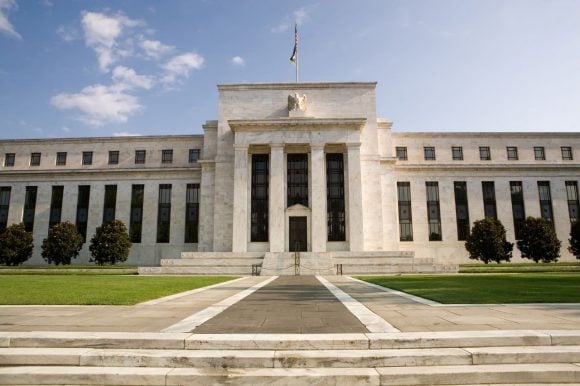Our pillars and principles
At UBS Asset Management, we understand the complexities sovereign investors face in a world defined by uncertainty and transformation. With our deep investment insights, global reach, and trusted partnerships, we are committed to empowering sovereign institutions to navigate geopolitical shifts, changing monetary policies, and growing sustainability expectations. Our expertise, shaped by decades of collaboration with central banks, sovereign wealth funds, and public pension plans, enables us to offer bespoke solutions that meet the unique needs of our clients.
Unique value and expertise
Whole business expertise
harnessing UBS’s global investment platform
Independent investment ideas
driven by future trends, alternatives and ESG
Integrated capabilities
customized strategies built around your mandate
Long-term partnership approach
trusted by sovereign clients for over two decades
Numbers that convince
- USD 0 trillion
invested assets from institutional, wholesale and wealth management clients (as of 31 December 2024)
- ~ 0
investment professionals
- 0
locations worldwide
- 0 Years
completed in servicing sovereign investors (as of September 2024)
Our full range of products and services
Explore insights
Thoughts to reflect on

In a world defined by uncertainty and transformation, sovereign investors need partners who understand their challenges and provide solutions that are both resilient and forward-looking.
The popularity of alternatives among the likes of institutional investors and sovereigns was driven to a significant extent by the low yield environment.
Head of Strategy, Global Sovereign Markets
Events: Connecting the global sovereign community

RMS 2025: Survey insights from the Global Sovereign Community
Wolfsberg, Switzerland
22nd – 27th June 2025
Highlights include survey results capturing real-time sentiment from the sovereign investor community. Revisit key themes and explore what’s top of mind for global reserve managers in today’s complex environment.

Reserve Management seminar
Wolfsberg, Switzerland
22nd – 27th June 2025
Launched in 1995, the Reserve Management Seminar gathers Central Banks, Multilateral Agencies, Finance Ministries, Frequent Borrowers, and Sovereign Wealth Funds.
Taking place at our Wolfsberg Conference Center, the seminar provides a forum to discuss and exchange best practices in the area of reserve management and to network in a stunning setting overlooking Lake Constance.

Sovereign Investment Circle
Singapore
1st – 2nd October 2025
The 4th edition of the Sovereign Investment Circle — a premier gathering with UBS Asset Management joined by world’s leading sovereign wealth funds, public pension funds, and long-term institutional investors. The Circle aims to equip participants with the insights and strategies needed to assess long-term national and corporate prospects — and to translate emerging trends into actionable investment decisions.
Past event highlights
Meet our experts
Your sovereign client team at UBS Dedicated specialists. Global reach. Local expertise. Our sovereign client coverage teams work closely with you to deliver insights and solutions shaped around your needs.
Head of Global Sovereign Markets
Strategy & Advice
Please select the region:






